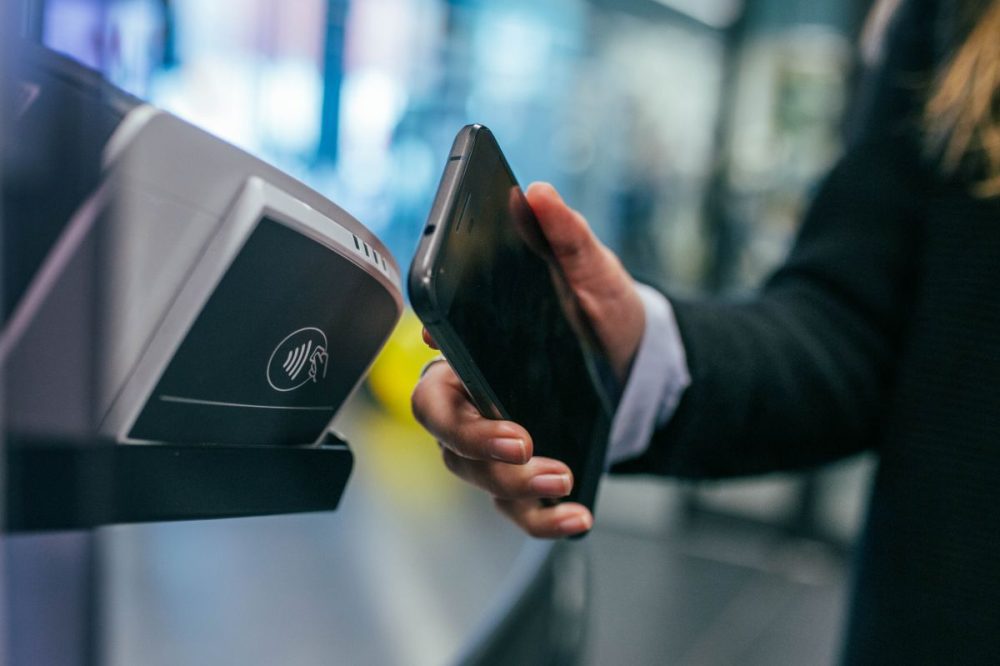Despite mass layoffs and increased caution from recession-wary businesses causing many to scale back, sustainability has remained an optimistic strategy for businesses looking to drive growth. Fuelled largely by growing public sentiment around the importance of corporate responsibility, over 1-in-3 (36%) UK consumers admit to choosing brands with good sustainability credentials, according to Consultancy.uk. Further research from Nielsen IQ reveals that British consumers are more stringent when it comes to choosing a business based on their environmental practices, with 30% less likely to shop a brand if they’re found guilty of greenwashing compared to the global average of 23%.
In light of this, Reece Tomlinson, CEO of Britain’s first trans-led impact investment advisory, Saône Capital, explains how businesses can utilise sustainability and tailored ESG strategies to accelerate growth in a turbulent market.
1. Utilise sustainable impact to drive value:
Tomlinson explains that measured impact is the key driver of success when it comes to making a sustainable and social change. 55% of UK consumers say living sustainably is important for society and they try to make sustainable choices when they can, according to Neilson IQ, indicating that customers are becoming increasingly aware when it comes to ESG practices.
It’s crucial for businesses to introduce new and unique propositions to stand out in a highly competitive market, meaning that it’s no longer viable for businesses to simply reduce overhead costs or swap to sustainable packaging. Consumers are more interested in distinct products and services that can actively contribute to environmental and social causes.
2. Create a business model that centres around a circular design:
The combination of rising interest rates, inflation, geopolitical
For instance, Swedish fashion retailer, H&M, recently pledged to become climate positive by 2040 by switching entirely to ‘sustainable fabrics’ – promoting a
3. How sustainable models can improve reach to new customers:
Placing sustainability at the forefront of a brand can be a key method in attracting customers. The global desire to tackle environmental and social challenges has become important when bringing new services, products and opportunities on the market, meaning that it plays a critical role in establishing brand value and identity in an oversaturated market.
With this in mind, Saône Capital is a newly launched impact investment advisory created to provide underrepresented founders and businesses – from Seed to Series A stage – with a platform to scale with zero boundaries. Underpinned by four main pillars – investment, corporate finance, ESG and leadership advisory – Saône has a directed investment focus that primarily supports businesses that have a transformative impact on sustainability and social betterment.
Saône Capital has directed objectives to reach $1bn in assets under management (AUM) by 2027 – with the founding team already having experience of scaling a collective deal flow of $4bn – expanding upon the portfolio managed by Saône which currently includes nine companies.
HedgeThink.com is the fund industry’s leading news, research and analysis source for individual and institutional accredited investors and professionals



































